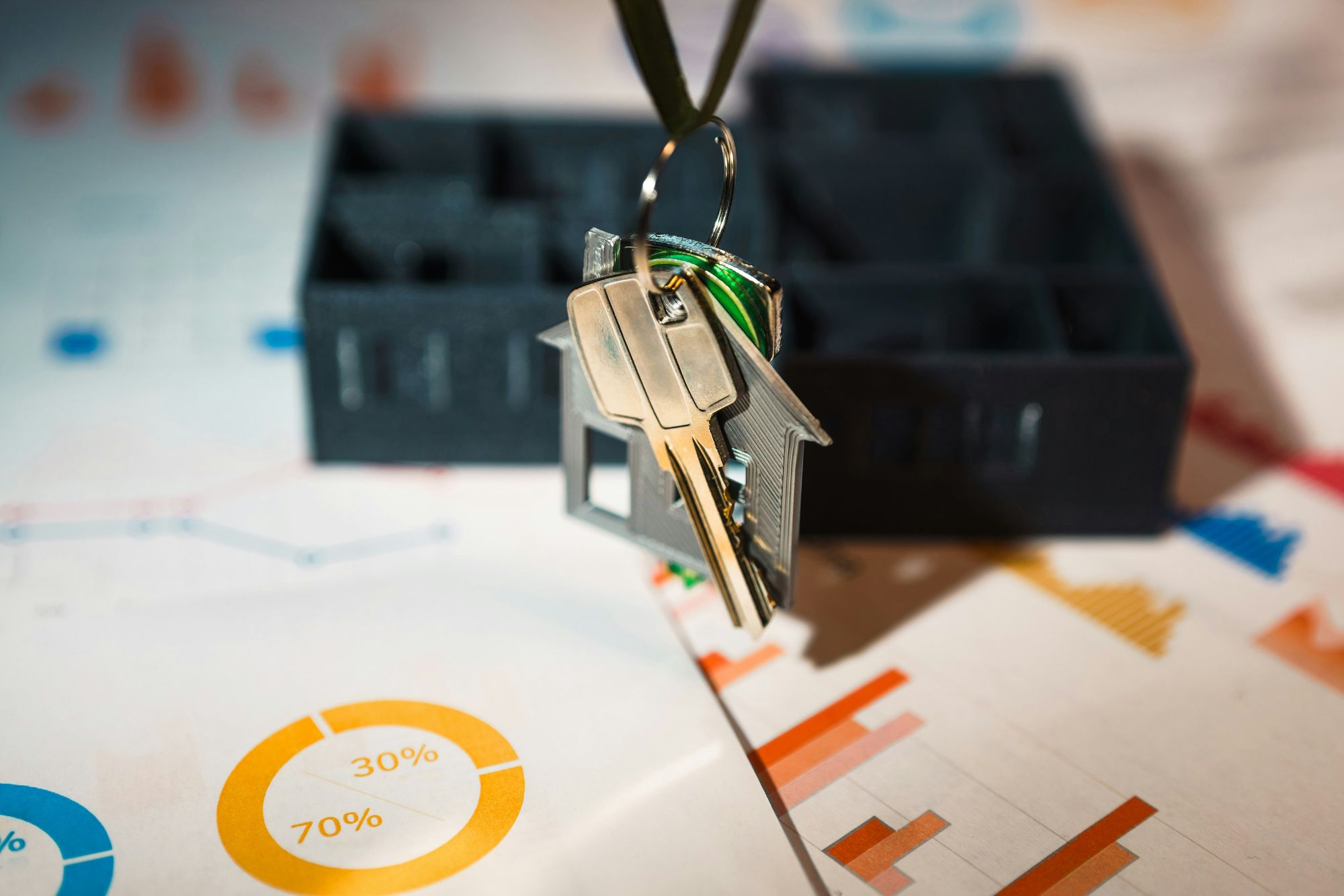What Florida’s New Anti-Squatter Law Means for Real Estate Owners
Florida's new Anti-Squatter Law, House Bill 621, offers a sound solution to property owners dealing with unauthorized occupants. Signed into law in March and effective as of July 1, 2024, this legislation grants property owners enhanced rights to remove illegal squatters swiftly, reclaiming their peace of mind and financial stability. In this blog, we'll explore the new law and how it benefits real estate owners in our state.
But First, What is a Squatter?
A squatter is an individual who occupies a property without the legal right to do so. Squatters often move into vacant or abandoned buildings without the owner's permission and establish residence. They typically lack a lease or legal documentation granting them the right to occupy the space, making their presence unlawful. Squatters can cause significant challenges for property owners, including property damage and legal complications.
Immediate Removal of Squatters
The most significant change introduced by the new law is the ability for property owners to have squatters removed immediately. Previously, evicting a squatter could take weeks or even months, during which time the squatter could cause substantial damage to the property and prevent the owner from using their property as a rental or otherwise. The law stipulates that owners must file a complaint with law enforcement, presenting evidence of ownership. Once verified, officers can proceed with the immediate removal of the squatter; provided the following conditions have been met:
- The requester must be the property owner or an authorized agent of the property owner.
- The property being occupied includes a residential dwelling.
- Squatter(s) have unlawfully entered, remain or continue to reside on the property.
- The property was not open to the public when the squatter(s) entered.
- The owner has directed the squatter(s) to leave.
- The squatter(s) are not current or former tenants under a rental agreement authorized by the owner.
- The squatter(s) are not immediate family members of the owner.
- There is no pending litigation related to the property between the owner and any known squatter(s).
This immediate action helps mitigate damage and reduce the financial burden on property owners. According to recent statistics, properties with swift removal of squatters experience 50% less damage than those with prolonged squatter presence.
Stricter Penalties for Squatting
Another crucial aspect of the new Florida anti-squatter law is the introduction of harsher penalties for those caught squatting, which are designed to discourage illegal occupants and protect property owners. These penalties include:
- A person who causes $1,000+ in damage while detaining, occupying, or trespassing on a residential property commits a second-degree felony.
- A person who presents a false lease agreement, deed, or other document claiming their right to be on the property commits a first-degree misdemeanor.
- A person who advertises a home for sale, knowing the seller lacks legal title or authority, commits a first-degree felony.
- A person who rents or leases property they don't own or have a leasehold interest in commits a first-degree felony.
The introduction of these penalties is expected to decrease squatting incidents significantly. Studies have shown that stricter legal consequences reduce the occurrence of property crimes by up to 30%.
Improved Property Registration Requirements
To prevent squatting, the law has introduced stricter property registration requirements. Owners must maintain up-to-date records of their properties and report any unauthorized occupancy immediately. These measures ensure that properties are monitored more closely and that any instances of squatting are addressed promptly.
Effective property registration and monitoring can significantly reduce the incidence of squatting. Property owners can quickly prove ownership and take swift action against unauthorized occupants by keeping accurate records.
Enhanced Collaboration with Law Enforcement
The new law encourages enhanced collaboration between property owners and law enforcement agencies. The law ensures that squatters are dealt with quickly and efficiently by fostering a cooperative relationship. Property owners are encouraged to report squatting incidents immediately, and law enforcement is equipped to respond promptly.
This collaboration is a critical component of the law's success. With law enforcement and property owners working together, the community can more effectively combat squatting and protect property values.
Protection for Renters
While the law focuses on protecting property owners, it also includes provisions to safeguard the rights of legitimate renters. Renters are protected from wrongful eviction, ensuring their legal occupancy is respected. This balance ensures that the law does not unfairly target those with the right to occupy a property.
Protecting renters' rights is crucial for maintaining a fair and just housing market. The law's balanced approach ensures that both property owners and legitimate renters are protected.
Conclusion
Florida's new Anti-Squatter Law represents a significant advancement in protecting property rights for real estate owners and addresses the critical issues associated with unauthorized occupants. These changes protect property owners from the financial and legal burdens of squatters, and contribute to communities' overall safety and integrity. Furthermore, the law ensures that legitimate renters are safeguarded from wrongful eviction, maintaining a balanced approach in the housing market. As real estate owners in St. Augustine, understanding and utilizing these new legal provisions is essential for protecting your investments and maintaining peace of mind.
Categories
Recent Posts











